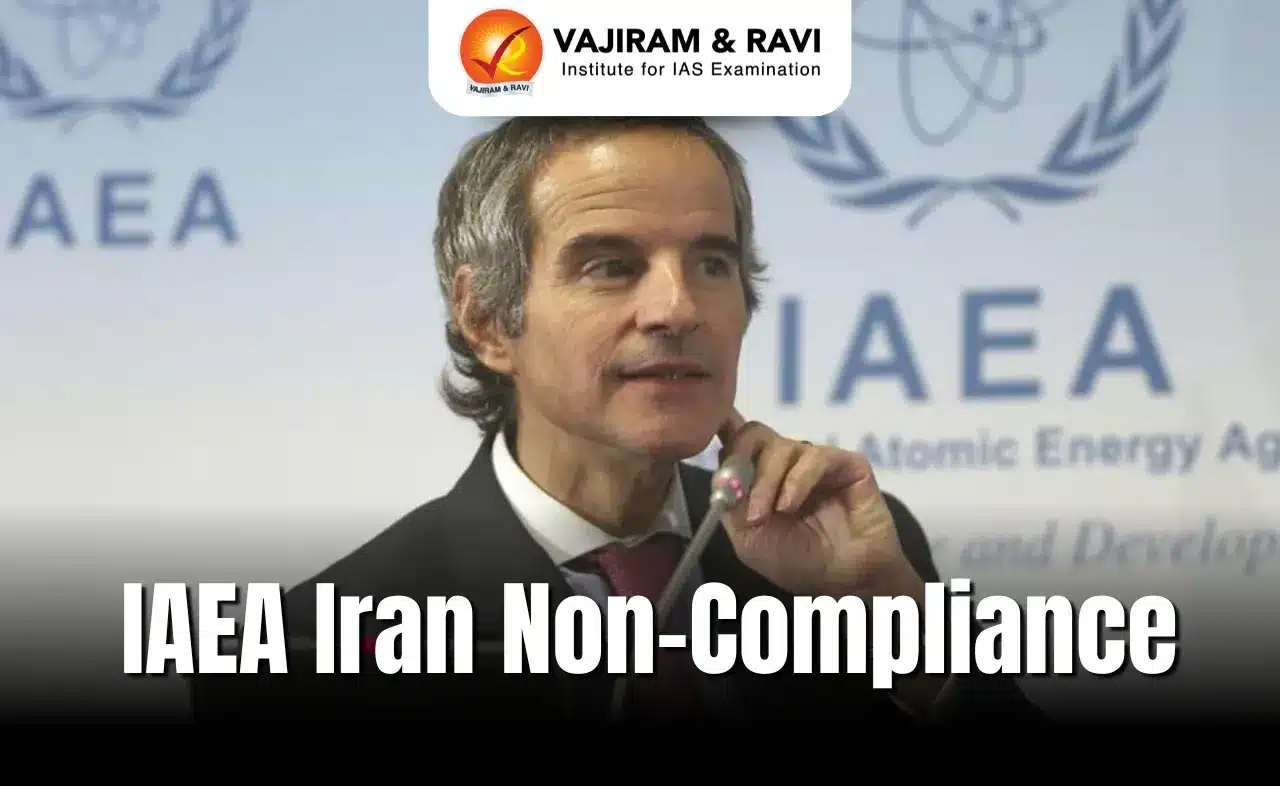What’s in today’s article?
- What is the Meaning of ESG Regulations?
- What is the Significance of ESG Regulations?
- Relevance of ESG Regulations for the Stakeholders
- ESG Regulations in India
What is the Meaning of ESG Regulations?
- ESG is an acronym for Environmental, Social, and Governance.
- ESG takes the holistic view that sustainability extends beyond just environmental issues.
- ESG can be best explained as a framework that helps the stakeholders understand how an organization is managing risks and opportunities related to environmental, social, and governance criteria.
- In a simple manner, the main objective of ESG norms is basically to ensure that businesses are conducted in a more responsible manner.
- While the term ESG is often used in the context of investing, stakeholders include not just the investment community but also consumes customers, suppliers, and employees.
- All of them are increasingly interested in how sustainable an organization’s operations are.
What is the Significance of ESG Regulations?
- Environmental –
- The first pillar of ESG focusses on the effects on the physical, natural environment.
- Across the globe, how we produce, consume and discard has a significant adverse impact on the natural world.
- Environmental considerations include –
- Potential climate risk
- Extraction and use of raw materials
- Effects of human activity on biodiversity
- Social –
- It’s not only nature that is needed to be considered. How employees and local communities are affected also must be taken into account.
- Social considerations include –
- Are human rights respected?
- Is the end consumer protected from unsafe products or practices?
- How is the personal data of individuals protected?
- Governance –
- Governance is to do with making sure there are systems in place to ensure accountability within a corporation.
- Governance considerations include –
- Transparency of processes and procedures
- Clear anti-bribery and corruption policies
- Ensuring boards are composed of independent members
- Compliance with ESG norms essentially requires every business to be accountable for the responsibility it has towards the environment as well as the people who make up the entire ecosystem either as employees or customers or other stakeholders.
Relevance of ESG Regulations for the Stakeholders
- ESG disclosures are highly relevant for all stakeholders involved in a business process.
- Investors –
- ESG disclosures are highly consequential for investors for the following reasons:
- Including climate-related considerations in asset valuation and finance allocation processes;
- Determining the environmental and social impact of a company’s business processes;
- Assessing how climate change could affect a company’s financial stability in the future.
- Businesses –
- ESG disclosures allow companies to identify potential transition risks, self-assess its ability to sustain in the future, and undertake necessary steps to adapt to the likely future changes.
- At the same time, ESG disclosures help companies in identifying certain opportunities for innovation that might yield high results in the future.
- Consumers –
- ESG disclosures aid consumers in identifying responsible businesses, which not only concentrate on maximizing profits, but also on growing in a responsible manner.
- Businesses could also use their disclosures as a part of their marketing strategy to attract more consumers.
ESG Regulations in India
- India has long had a number of laws and bodies regarding environmental, social and governance issues. These include –
- Environment Protection Act of 1986, quasi-judicial organisations such as the National Green Tribunal, a range of labour codes and laws governing employee engagement and corporate governance practices.
- While these laws and bodies provide important environmental and social safeguards, new initiatives in India go further.
- For example, the Securities and Exchange Board of India (SEBI) substantially revised the annual Business Responsibility and Sustainability Report (BRSR) required by the 1,000 largest listed companies in India.
- The BRSR report demands sustainability reporting by listed entities with the intent towards having quantitative, qualitative and standardized disclosures on ESG parameters.
- Beyond the above disclosures, ESG reporting largely remains voluntary in India, depending on the initiative of a business (except for the top 1,000 listed entities).
- Further legislation regarding ESG are likely to take place sooner than later, given the increased emphasis by the Indian government on ESG issues, which can be seen in India’s more active role in global climate forums.
Q1) What is SEBI and what is its role?
The SEBI is the regulatory authority established under Section 3 of SEBI Act 1992 to protect the interests of the investors in securities and to promote the development of, and to regulate, the securities market and for matters connected therewith and incidental thereto.
Q2) What is capital market in simple words?
Capital market is the part of a financial system concerned with raising capital by dealing in shares, bonds, and other long-term investments.
Last updated on June, 2025
→ UPSC Notification 2025 was released on 22nd January 2025.
→ UPSC Prelims Result 2025 is out now for the CSE held on 25 May 2025.
→ UPSC Prelims Question Paper 2025 and Unofficial Prelims Answer Key 2025 are available now.
→ UPSC Calendar 2026 is released on 15th May, 2025.
→ The UPSC Vacancy 2025 were released 1129, out of which 979 were for UPSC CSE and remaining 150 are for UPSC IFoS.
→ UPSC Mains 2025 will be conducted on 22nd August 2025.
→ UPSC Prelims 2026 will be conducted on 24th May, 2026 & UPSC Mains 2026 will be conducted on 21st August 2026.
→ The UPSC Selection Process is of 3 stages-Prelims, Mains and Interview.
→ UPSC Result 2024 is released with latest UPSC Marksheet 2024. Check Now!
→ UPSC Toppers List 2024 is released now. Shakti Dubey is UPSC AIR 1 2024 Topper.
→ Also check Best IAS Coaching in Delhi






















